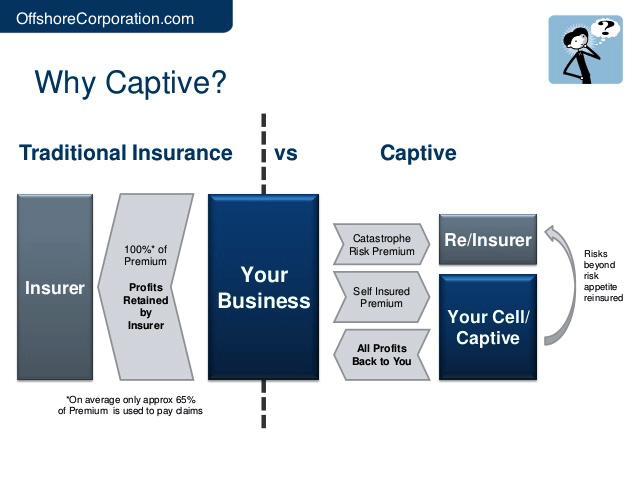Entire life and universal life insurance are both considered long-term policies. That suggests they're developed to last your entire life and won't expire after a specific duration of time as long as needed premiums are paid. They both have the potential to accumulate cash value with time that you may be able to borrow against tax-free, for any reason. Because of this function, premiums might be greater than term insurance coverage. Whole life insurance policies have a set premium, suggesting you pay the very same amount each and every year for your coverage. Just like universal life insurance coverage, whole life has the possible to build up cash worth over time, creating a quantity that you may have the ability to obtain versus.

Depending upon your policy's possible money value, it may be utilized to skip an exceptional payment, or be left alone with the possible to collect worth in time. Prospective growth in a universal life policy will differ based upon the specifics of your specific policy, as well as other elements. When you buy a policy, the issuing insurance company develops a minimum interest crediting rate as detailed in your agreement. However, if the insurer's portfolio earns more than the minimum rate of interest, the company may credit the excess interest to your policy. This is why universal life policies have the possible to earn more than a whole life policy some years, while in others they can earn less.
Here's how: Considering that there is a cash worth part, you might have the ability to skip exceptional payments as long as the cash worth is enough to cover your required costs for that month Some policies might allow you to increase or decrease the death advantage to match your specific situations ** Oftentimes you might borrow against the money value that may have built up in the policy The interest that you may have made over time builds up tax-deferred Whole life policies offer you a repaired level premium that will not increase, the prospective to build up money value over time, and a repaired death advantage for the life of the policy.
As an outcome, universal life insurance premiums are usually lower during periods of high interest rates than entire life insurance coverage premiums, typically for the very same amount of protection. Another key difference would be how the interest is paid. While the interest paid on universal life insurance coverage is frequently adjusted monthly, interest on a whole life insurance coverage policy is typically adjusted each year. This could indicate that during periods of rising rates of interest, universal life insurance coverage policy holders might see their cash worths increase at a quick rate compared to those in whole life insurance policies. Some people might choose the set death benefit, level premiums, and the capacity for growth of an entire life policy.
Although whole and universal life policies have their own unique features and advantages, they both concentrate on offering your loved ones with the cash they'll require when you pass away. By dealing with a certified life insurance representative or company agent, you'll have the ability to pick the policy that finest meets your private needs, spending plan, and monetary goals. You can likewise get atotally free online term life quote now. * Provided necessary premium payments are prompt made. ** Increases might go through additional underwriting. WEB.1468 (How does health insurance work). 05.15.
What Does What Does Comprehensive Insurance Cover Do?

You do not have to think if you must register in a universal life policy since here you can find out everything about universal life insurance benefits and drawbacks. It's like getting a sneak peek prior to you buy so you can decide if it's the ideal type of life insurance for you. Continue reading to find out the ups and downs of how universal life premium payments, money worth, and death advantage works. Universal life is an adjustable type of irreversible life insurance coverage that permits you to make changes to 2 main parts of the policy: the premium and the survivor benefit, which in turn impacts the policy's money worth.
Below are some of the overall advantages and disadvantages of universal life insurance coverage. Pros Cons Developed to offer more flexibility than entire life Does not have actually the guaranteed level premium that's offered with whole life Money value grows at a variable rates of interest, which could yield greater returns Variable rates also suggest that the interest on the money value could be low More chance to increase the policy's cash value A policy generally requires to have a favorable money worth to remain active Among the most attractive features of universal life insurance is the capability to select when and how much premium you pay, as long as payments satisfy the minimum amount needed to keep the policy active and the Internal Revenue Service life insurance standards on the maximum amount of excess premium payments you can make (How much is flood insurance).
However with this versatility also comes some downsides. Let's discuss universal life insurance coverage benefits and drawbacks when it comes to altering how you pay premiums. Unlike other kinds of irreversible life policies, universal life can adapt to fit your financial requirements when your capital is up or when your spending plan is tight. You can: Pay greater premiums more often than needed Pay less premiums less often and even avoid payments Pay premiums out-of-pocket or use the money value to pay premiums Paying the minimum premium, less than the target premium, or skipping payments will adversely affect the policy's money worth.